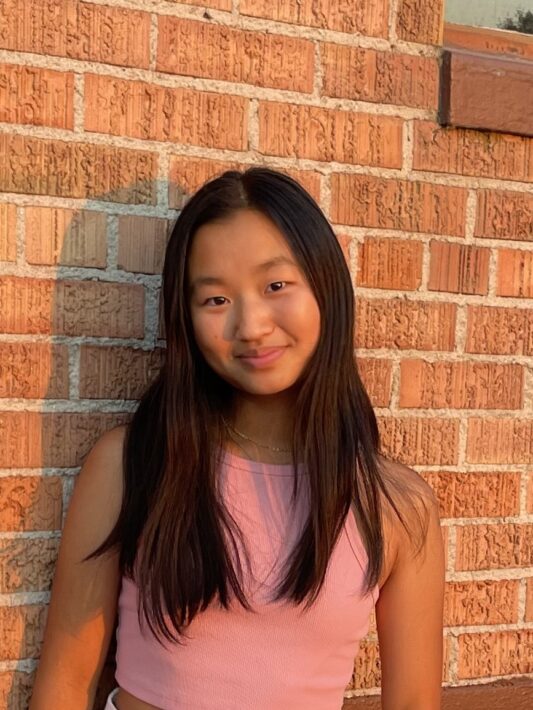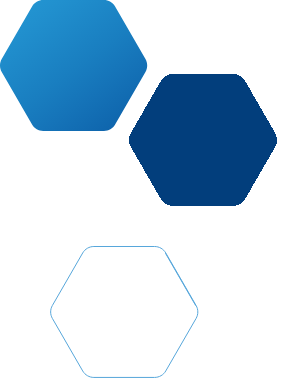Bright Future in Energy Scholarship
Bright Future in Energy Scholarship competition
The scholarship application period is open through Feb. 21, 2025.
INL’s Bright Future in Energy Scholarship Competition is open to 11th- and 12th-grade students interested in pursuing a postsecondary education and career focused on science, technology, engineering or math. With funding provided by Battelle Energy Alliance, INL expects to award a total of $25,000 in scholarships to winners and runners-up.
Participating students will research one of three science-related topics. Students will first prepare a comprehensive slide deck for review by an expert panel of judges. The judges will then select a group of finalists to present their findings virtually to the panel.
Criteria:
- You must be a high school junior or senior.
- You must be a U.S. citizen.
First round criteria:
- Upload your slide deck using PDF or PowerPoint format. You only need to upload the PDF or PowerPoint version of your slides and do not need to upload yourself presenting them.
Final round criteria:
- Finalists will present their slide deck presentation live to an expert panel of judges.
- You will have 10-15 minutes to present your topic and 10-15 minutes for a Q&A session. Your full presentation and Q&A session will be 20-30 min. long. It will be live and recorded.
- You will be using Microsoft Teams and screen sharing your slide deck during your presentation. A calendar invite and link will be sent to you. Make sure to download and test Microsoft Teams, including video and microphone capabilities before your live presentation.
- You can refer to past recorded presentations here.
- If you would like to reference the rubric, contact Adrienne Petrovic to send it to you.
Bright Future in Energy Scholarship prompts:
1. What role does nuclear energy play in helping achieve a resilient energy future? How do the benefits and risks of nuclear energy compare with other existing energy technologies?
2. What role do integrated energy systems play in developing a sustainable energy future? How does a diversified energy portfolio help the country achieve energy independence?
3. Consider your nearest major city. What are the cybersecurity concerns associated with operating this city’s government, energy and transportation infrastructure? How can these concerns be communicated in a way that creates greater cybersecurity awareness in schools, communities and industry?
Questions? Contact Adrienne Petrovic.
Congratulations to the 2024 Bright Future in Energy Scholarship Competition winners!
Top scholar: Jisong Ryu

Ryu studied the question, “How do we develop a truly sustainable recycling method that is economically feasible, environmentally responsible and socially justifiable? What role can such a program play in helping the world achieve a future with net-zero greenhouse gas emissions?” She earned the grand prize for her project, “Nature’s Recyclers: Harnessing Microbe Capabilities to Achieve a Net-Zero Future,” studying how microbial inoculation could enable sustainable recycling practices and how this technology could be scaled up to commercial and industrial uses.
Ryu expects to graduate in 2025. While she has not settled on a university yet, she plans to pursue a degree that matches her interest in climate science and policy.
Runner Up: Jhanavi Hegde

Hegde studied the question, “Consider your nearest major city. What are the cybersecurity concerns associated with operating this city’s government, energy and transportation infrastructure? How can these concerns be communicated in a way that creates greater cybersecurity awareness in schools, communities and industry?” She earned a scholarship for her project, “Confronting Cybersecurity Concerns,” studying how improved cybersecurity awareness could reduce human error and reduce the effects of cyberattacks on government infrastructure and transportation networks.
Hegde expects to graduate in 2025. While she has not settled on a university yet, she plans to pursue a degree in data science with a possible minor in environmental science.
Runner Up: Chance Krueger

Krueger studied the question, “What role does nuclear energy play in helping the world achieve a future with net-zero greenhouse gas emissions? How do the benefits and risks of nuclear energy compare with other existing energy technologies?” He earned a scholarship for his project, “Nuclear Energy: The Future of America’s Industry,” studying how nuclear energy plays a role in varied commercial sectors like medicine, transportation and industry – in addition to energy.
Krueger graduated in 2024. He attends East Central University in Ada, Oklahoma, where he is pursuing a bachelor’s degree in medical physics.


